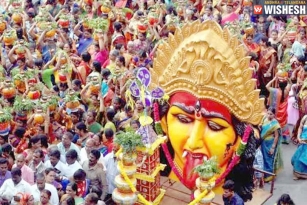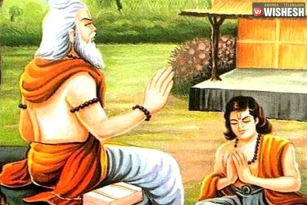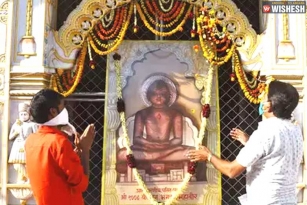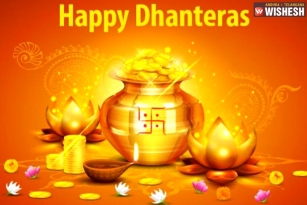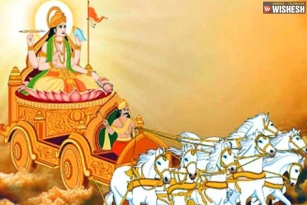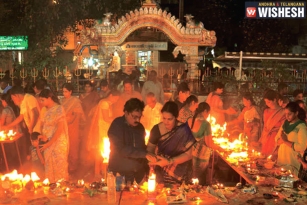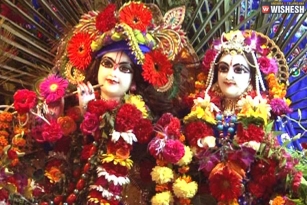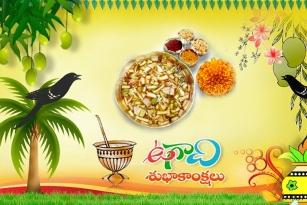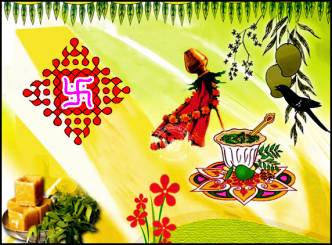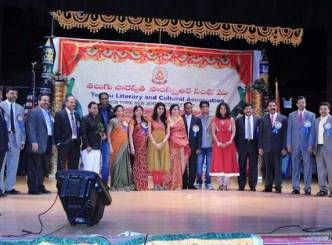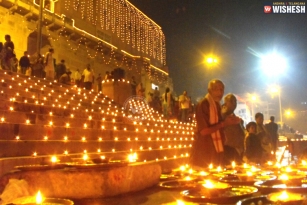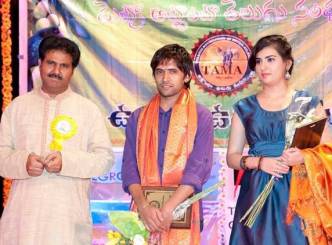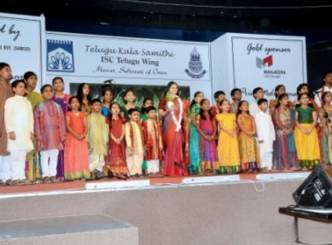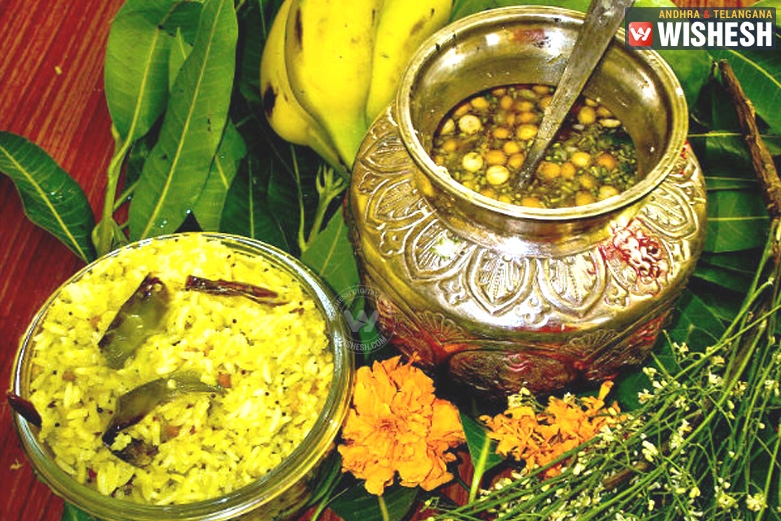
Yugadi, Telugu: Ugadi/Yugadi, Kannada: Yugadi, Konkani: Yugadi and Marathi: Gudi Padwa is the New Year's Day in the Deccan region of India. It falls on a different day every year because the Hindu calendar is a lunisolar calendar. Luni-Solar calendars consider the position of the Moon and the position of the Sun to divide the year into months and days. The Saka calendar begins with the month of Chaitra (March–April) and Ugadi marks the first day of the new year. Chaitra is the first month in Panchanga which is the Indian calendar.
Ugadi or Yugadi is celebrated as the first day of the year by the people of Andhra Pradesh and Karnataka. On this day new Samvatsara, which is a cycle of sixty years, starts. All sixty Samvatsara are identified by unique name.
Ugadi marks the change in the lunar orbit as the beginning of the new Hindu lunar calendar. It heralds the advent of spring. Mother Nature awakes to give birth to new plants and cover earth in a blanket of green. As spring accompanies new life on earth, Ugadi accompanies a feeling of joy, growth and prosperity.
Legend
The legend associated with the festival is that the Lord Brahma started creation of the vast universe on the auspicious day of Ugadi or Chaitra suddha padhyami. Lord Brahma created the days, weeks, months and years in order to count time and then created all other elements present in the universe.
Significance
The most important thing in the festival is Panchanga Shravanam – hearing of the Panchanga. The Panchanga Shravanam is done at the temples by the priests or astrologers. Before reading out the annual forecasts as predicted in the Panchanga, the officiating priest reminds the participants of the creator – Brahma, and the span of creation of the universe.
The reading of the Panchanga involves reading of other Tidhis (wealth and prosperity) during the year and ends with a forecast for various sectors of the social life and the strengths and effects of various constellations and their transitions. The scriptures state that the benefits reaped by the listener as well as the reader, are equivalent to having a dip in the holy river Ganges.
Celebrations
Houses are thoroughly cleaned and washed. People buy new clothes for themselves and their family members to enjoy the spirit of Ugadi. people wake up before the break of dawn and take a head bath. The bath is supposedly to be taken after massaging with sesame oil.
The festival is wrapped in traditions. The ceremonial day starts early, with the elderly ladies of the family getting up at around 4.30 a.m. While chanting mantras, several rituals are followed during the day to mark the celebration.
Ugadi is celebrated by decorating with fresh flowers and fresh mango leaves. Among the flowers mainly the sweet smelling jasmine is used for the decorations. People splash fresh cow dung water on the ground in front of their house and draw colorful floral designs. All the members of the family gather and pray together and seek blessings from the Almighty.
Food, is the normal trend in all festivals and occupies an important place in this festival too. Special dishes are prepared and enjoyed by the people to mark the festival.
Ugadi special cuisine
The special dish prepared during the festival of is Bevu Bella or Vepapoota Pachadi. A paste made from jaggery, neem buds, tamarind juice and raw mango. All the ingredients are ground together to make a fine paste. The significance of this item is that it denotes all the tastes of life. The bitter, sweet and sour tastes each remind us the basic fact that life is a mixture of happy and sad events and we must remain ready to accept everything in life.
In Andhra Pradesh, dishes such as pulihora, bobbatlu and preparations made with raw mango are the favourites.
By Premji


